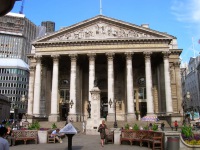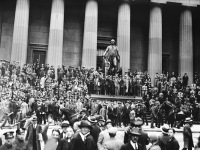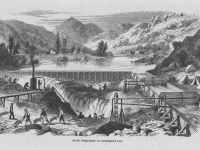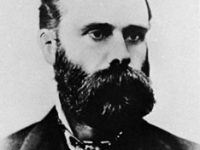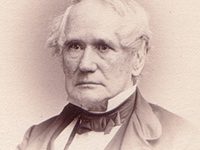The Burst of the Tulip Bubble
On February 3, 1637, in Haarlem, Netherlands, the tulip bulb contract prices collapsed abruptly and the trade of tulips ground to a halt. This should put an end to the ‘Tulip Mania‘, one of the first economic bubbles to burst. You see, financial crisis is not an invention of modern times. Already in the 17th century, in the early age of baroque, people went crazy for a good that was short of…
Read more


